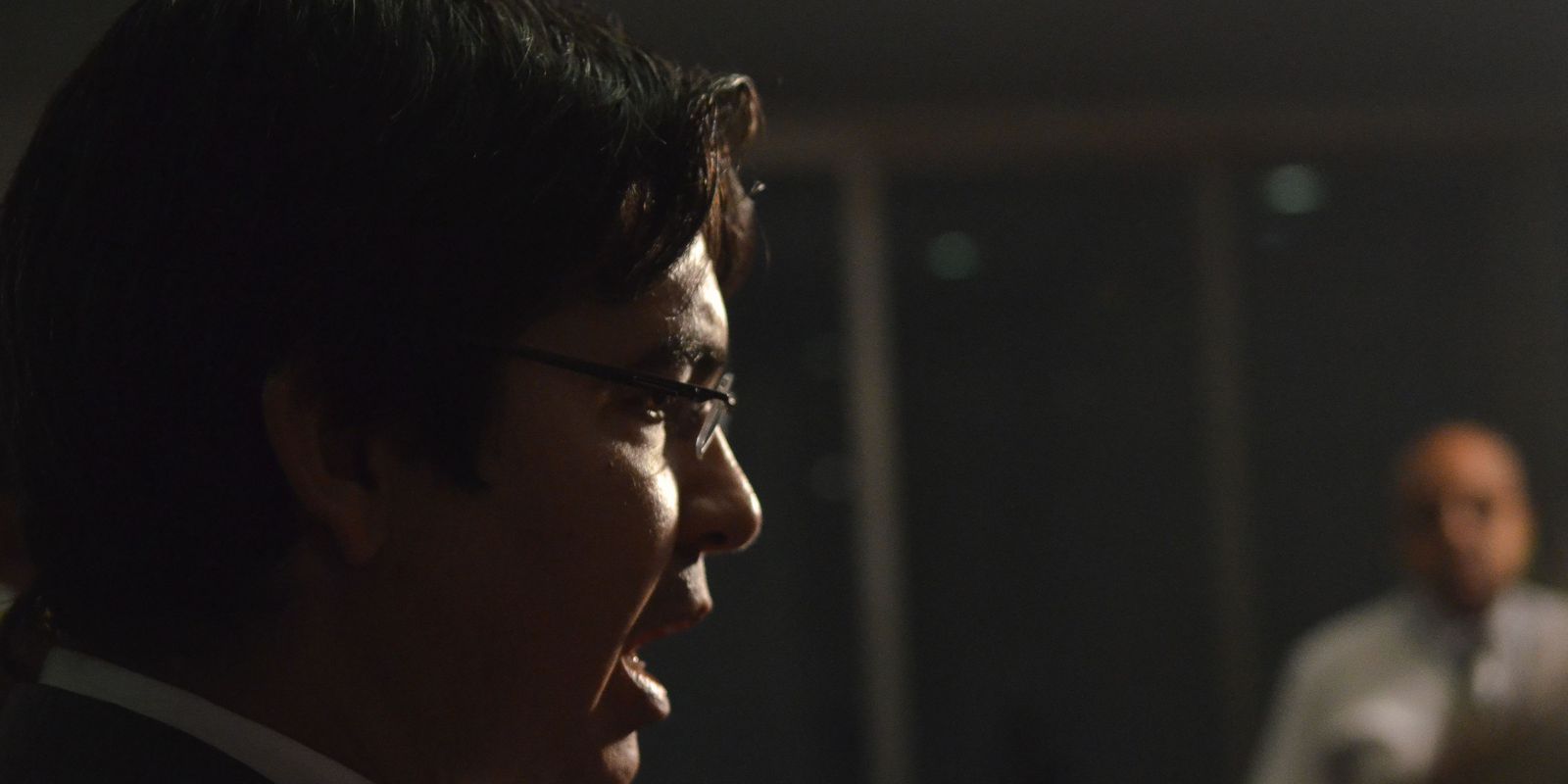Spending on health and education should not be left out of the new fiscal rule that will replace the spending ceiling, said this Tuesday (21) the leader of the government in the National Congress, Senator Randolfe Rodrigues (Rede-AP). He met with the Minister of Finance, Fernando Haddad, this afternoon to discuss the complementary bill in the new framework.
“The rule does not make the exception [de determinados tipos de gastos]. It’s a general rule, a general goal, based on the principle that you can’t spend more than you have income. the minister [Haddad] it did not detail an exceptionalization of an item or another item”, declared Randolfe.
The parliamentarian stated that the proposal should be presented in the first week of April, after President Luiz Inácio Lula da Silva’s official trip to China, and said he was “very convinced” that the new framework will benefit the country.
“This proposal cannot be treated as if it were from the government or the opposition”, declared Randolfe. “Having a rule where you don’t spend more than you collect is a proposal for a nation,” he added.
According to Randolfe, a meeting will be held with government base leaders in the House and Senate to present the complementary bill. He also said he was confident of an agreement and optimistic about the progress of the proposal, which needs to be approved by an absolute majority in both Houses. “I am very optimistic about the process. [A proposta] will count on the favorable votes not only of the parliamentarians of the base of government, but also even of sectors of the opposition”, declared the senator.
For Randolfe, the rule to be proposed serves all levels of society, not just the financial market, but “above all, the demands of Brazilian society”. The parliamentarian added that the text will not have relevant “points of conflict”.
Binding
Linking revenues and expenditures is one of the problems that the government has to solve in the preparation of the new fiscal framework. In addition to linking certain types of revenue to certain expenditures, the Constitution establishes minimum expenditures for health and education.
Prior to the spending ceiling, amounts were defined according to the net current revenue of the federal government. After the ceiling, the minimum limits for health and education started to be corrected annually by inflation according to the value implemented in 2016. The government understands that, as the new fiscal rule will annul the spending ceiling, as provided for in the Constitutional Amendment of the Transition , the rule that was in force until the end of 2016 will again apply.


















